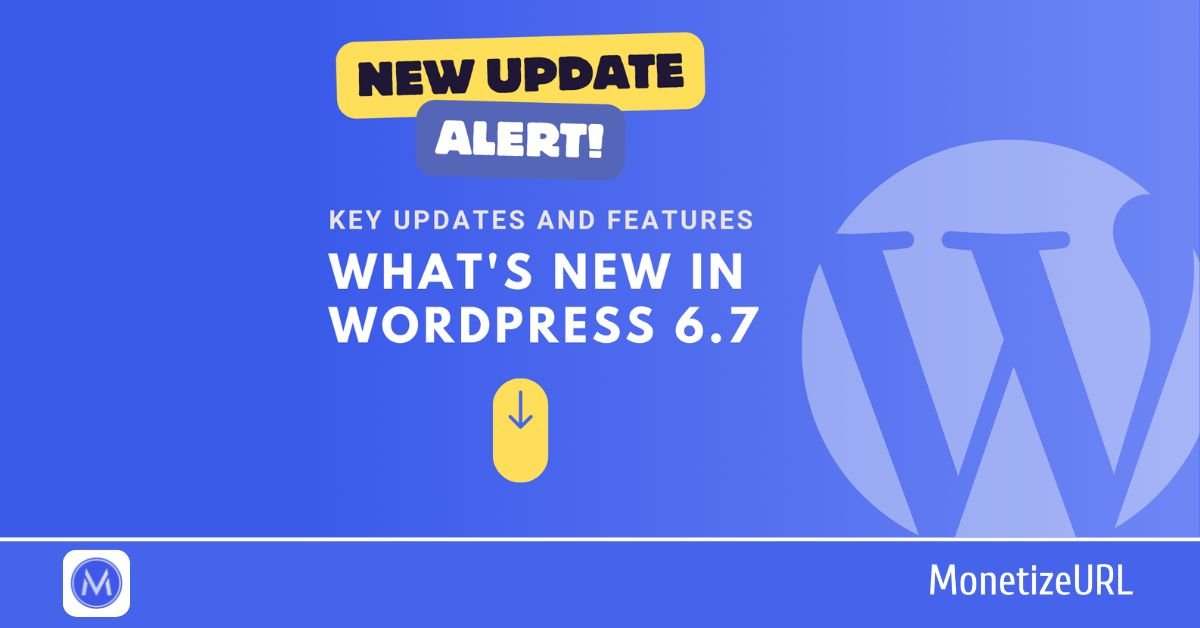Keyword research is the foundation of every successful blog. Without proper keyword planning, your amazing content might never reach the right audience. For bloggers, knowing what people are searching for—and how often—is crucial to building organic traffic and improving SEO rankings.
In this article, we’ll explore the best keyword research tools for bloggers, both free and paid, to help you discover the most effective keywords for your niche and dominate search results.
Why Keyword Research Matters for Bloggers
Before diving into tools, let’s understand why keyword research is so important for bloggers.
- Better Visibility: Using the right keywords helps your blog appear in search results when users look for similar content.
- Increased Traffic: When your posts target high-search, low-competition keywords, you naturally attract more visitors.
- Improved Content Strategy: Keyword data reveals what your audience wants, guiding you to create valuable and relevant content.
- Higher Monetization Potential: Targeting the right keywords can help you attract profitable traffic—ideal for affiliate marketing and ad revenue.
Simply put, keyword research tools give you the insights you need to make informed decisions about what to write next.
Google Keyword Planner (Free)
If you’re new to blogging or SEO, Google Keyword Planner is a great place to start. It’s free and directly linked to Google’s own search data, giving you accurate insights into keyword volumes and trends.
Key Features:
- Discover new keyword ideas based on your niche.
- Check monthly search volume, competition, and CPC (cost per click).
- Find keywords suitable for both organic and paid campaigns.
Why Bloggers Love It:
Because it’s free and uses Google data, it’s perfect for identifying reliable keywords to build your first content strategy.
Ahrefs Keywords Explorer (Paid)
Ahrefs is one of the most powerful SEO suites available, and its Keywords Explorer tool is a favorite among professional bloggers.
Key Features:
- Provides accurate search volume and keyword difficulty scores.
- Suggests thousands of related keywords, including questions and long-tail keywords.
- Shows SERP overview, helping you analyze your competition.
Why It’s Worth It:
Ahrefs doesn’t just give keywords—it helps you understand why a page ranks and how you can outperform it. It’s perfect for serious bloggers who want long-term growth.
SEMrush (Paid)
SEMrush is another all-in-one SEO platform that goes beyond keyword research. It helps bloggers with competitive analysis, content optimization, and backlink insights.
Key Features:
- Provides keyword suggestions with difficulty and trend data.
- Tracks your keyword positions in real-time.
- Offers content topic ideas based on current trends.
Why Bloggers Use It:
With SEMrush, you not only find the right keywords but also analyze how competitors use them—making it easier to stay ahead.
Ubersuggest (Free + Paid)
Developed by Neil Patel, Ubersuggest is a fantastic tool for bloggers who want affordable keyword insights.
Key Features:
- Keyword ideas from Google Suggest and other sources.
- Search volume, SEO difficulty, and CPC metrics.
- Site audit and backlink data in the paid version.
Why It’s Great for Beginners:
It’s easy to use and gives you enough data to start optimizing your blog posts without overwhelming you.
KWFinder (Paid)
KWFinder is known for its user-friendly interface and precise keyword metrics. Bloggers love it for finding low-competition long-tail keywords—ideal for niche blogs.
Key Features:
- Keyword difficulty scores that are easy to understand.
- Related keyword and question suggestions.
- Local SEO support for region-specific keyword searches.
Why It Stands Out:
It’s simple yet effective, helping new bloggers compete with big players by focusing on long-tail opportunities.
AnswerThePublic (Free + Paid)
If you want to know what people are asking online, AnswerThePublic is a gem. It visualizes search questions and prepositions, showing what your audience truly wants to know.
Key Features:
- Displays keyword ideas as questions, comparisons, and prepositions.
- Excellent for finding blog topic ideas.
- Supports multiple languages and countries.
Why It’s Unique:
It helps you write SEO-friendly content that directly answers audience queries, improving engagement and ranking.
Moz Keyword Explorer (Free + Paid)
Moz is a trusted name in SEO, and its Keyword Explorer tool offers in-depth keyword analysis with valuable insights.
Key Features:
- Accurate keyword difficulty and organic CTR (click-through rate).
- Related keyword suggestions.
- SERP analysis for understanding ranking factors.
Why Bloggers Prefer It:
Moz provides a great balance between simplicity and detailed SEO analysis, making it suitable for both beginners and pros.
Google Trends (Free)
Google Trends helps bloggers identify what’s trending in real time. You can use it to spot rising keywords before they become competitive.
Key Features:
- Shows keyword popularity over time.
- Compare multiple keywords side-by-side.
- Identify seasonal content opportunities.
Why It’s Essential:
Great for content planning—especially if you want to write timely or viral blog posts.
KeywordTool.io (Free + Paid)
KeywordTool.io is perfect for discovering long-tail keywords from Google, YouTube, Bing, and even Amazon.
Key Features:
- Generates hundreds of keyword suggestions.
- Supports multiple platforms (search, video, shopping).
- Provides search volume and CPC in the paid version.
Why Bloggers Use It:
It helps find untapped keyword opportunities across different channels—not just Google.
How to Choose the Right Keyword Tool for Your Blog
Choosing the right keyword research tool depends on your goals and budget.
- For Beginners: Start with Google Keyword Planner, Ubersuggest, or AnswerThePublic.
- For Professionals: Go for Ahrefs, SEMrush, or KWFinder for deeper insights and competitive data.
- For Trend-Focused Bloggers: Use Google Trends and KeywordTool.io to identify new opportunities.
Remember, the key is not just finding keywords but understanding user intent behind them. That’s what truly improves your blog’s SEO.
Final Thoughts
Keyword research is no longer optional—it’s the heart of every successful blogging strategy. The best keyword research tools for bloggers not only help you find the right keywords but also give you the competitive edge to rank higher, attract targeted traffic, and grow your audience.
Start by experimenting with one or two tools from this list, understand your niche, and gradually build a keyword strategy that aligns with your blog’s goals.
Summary
- Keyword research helps identify what your audience is searching for.
- Tools like Ahrefs, SEMrush, and Ubersuggest simplify the process.
- Use Google Trends and AnswerThePublic for content ideas.
- Focus on long-tail keywords for faster and easier rankings.
- Consistency in keyword usage is the secret to SEO success.






